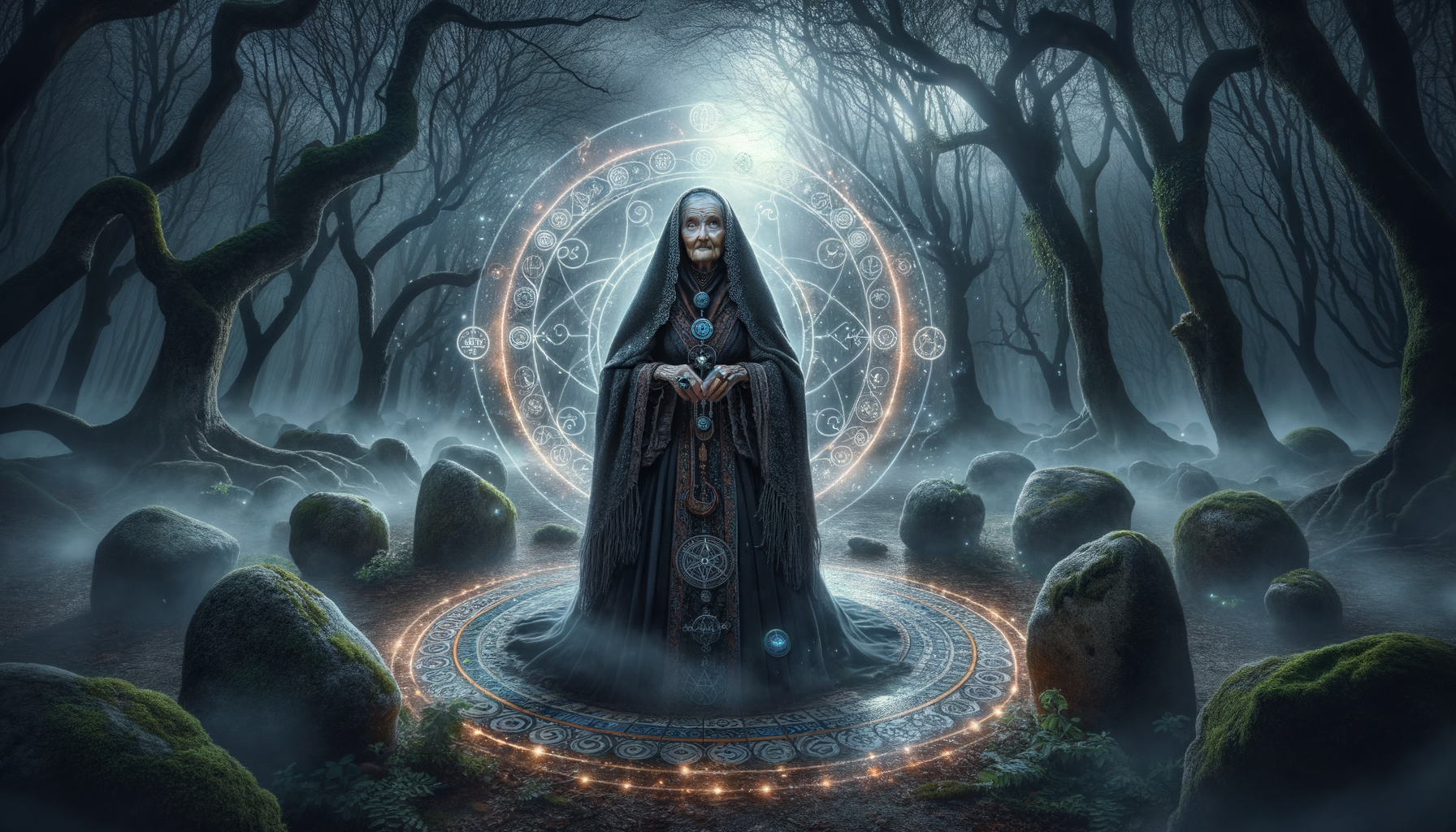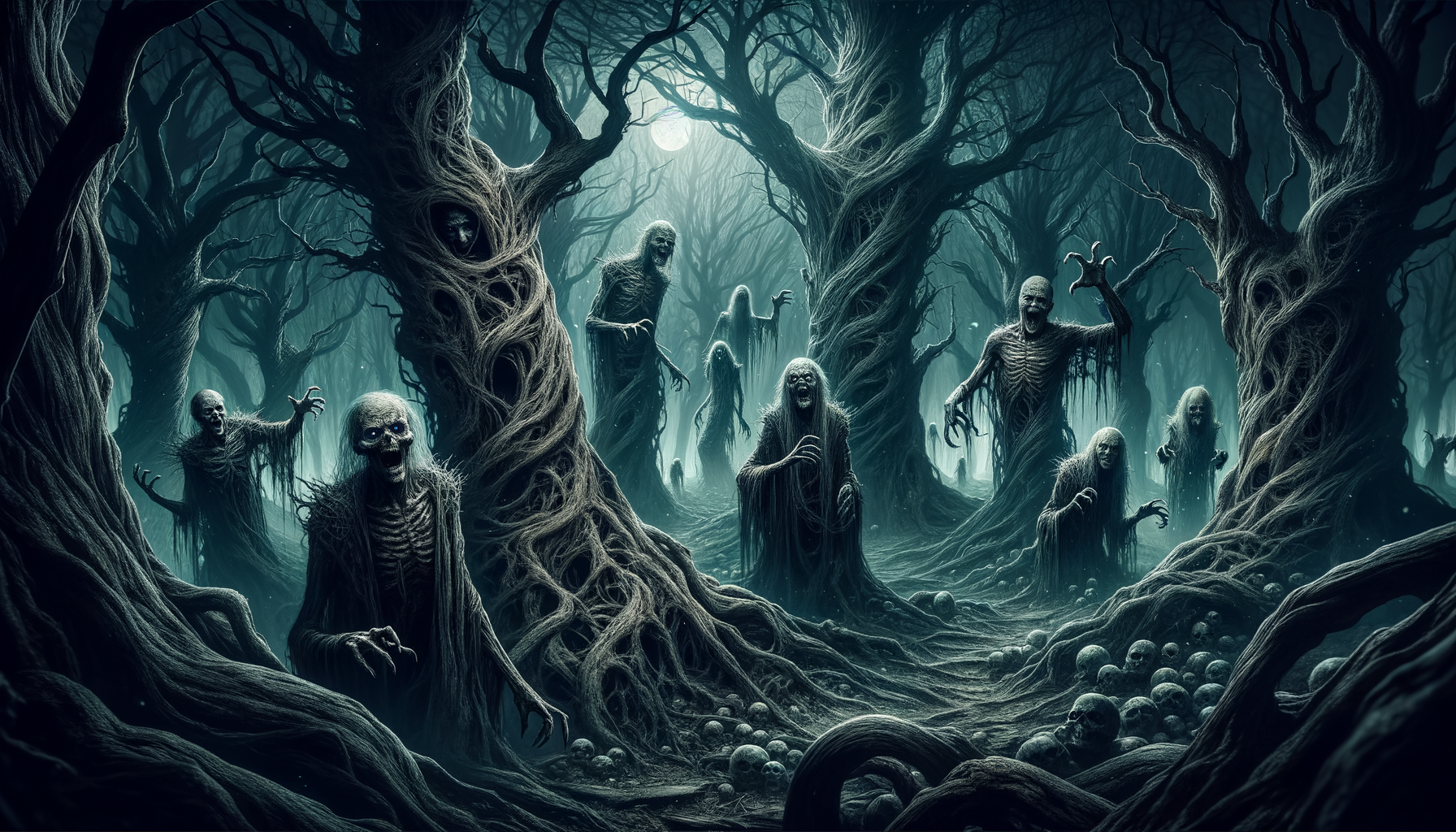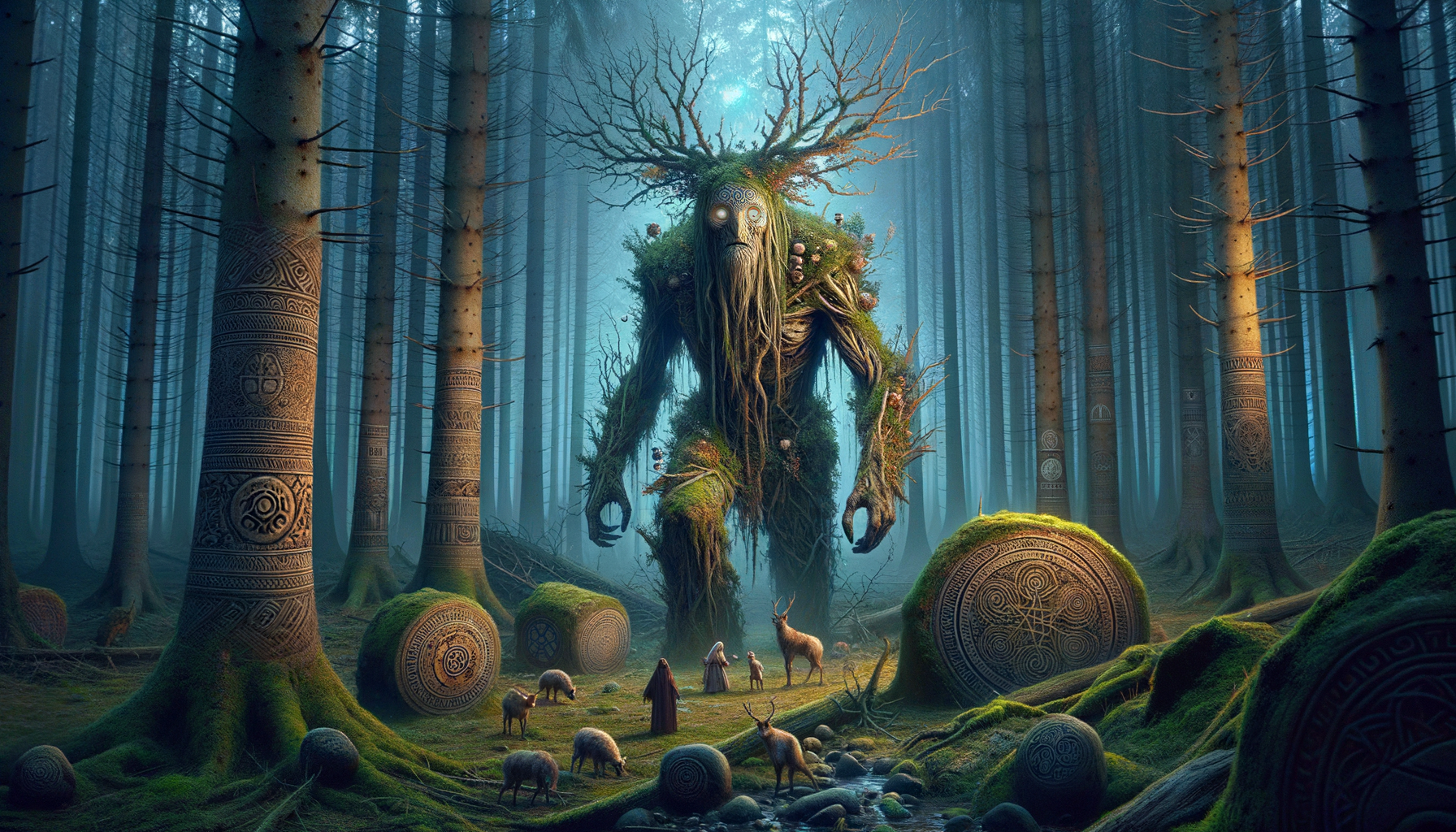Did you know that the term ‘bruxa’ in Portuguese refers to a diverse and fascinating folklore of witches? Hello, fellow horror enthusiasts! Get ready to dive into the mysterious world of the Portuguese bruxa. This article offers a comprehensive exploration of their history, legends, and presence in contemporary culture. From ancient spells to modern-day portrayals, we have it all covered. Let’s uncover the secrets of the Portuguese bruxa together!
Origins and History of the Portuguese Bruxa
Ancient Roots and Early References
Let’s dive into the origins of the Portuguese bruxa. The earliest mentions of bruxas can be found in historical texts that date back centuries. These references often intertwine with pre-Christian pagan practices, where the concept of the bruxa began to take shape. Before the advent of Christianity, these figures were often seen as wise women or healers, deeply connected to nature and the spiritual world.
As Christianity spread, it significantly shaped and, unfortunately, demonized the image of the bruxa. The once-respected figures were rebranded as malevolent witches, aligning with the broader European trend of vilifying pagan practices.
Historical Cases and Witch Trials
Portugal’s history is marked by several notable witch trials that illustrate the fear and suspicion surrounding bruxas. The Inquisition played a pivotal role in persecuting those suspected of witchcraft, often leading to brutal trials and executions. Famous historical figures, such as Maria da Conceição, were accused of witchcraft, and their stories highlight the intense scrutiny and danger faced by those labeled as bruxas.
Folklore and Legends Surrounding Bruxas
Popular Myths and Stories
Portuguese folklore is rich with tales of bruxas, each story adding layers to their mystique. Classic Portuguese folktales often feature bruxas as central characters, weaving narratives of their powers and misdeeds. Regional variations of these stories bring unique characteristics to the bruxas, reflecting the diverse cultural landscape of Portugal.
The significance of bruxas in Portuguese cultural heritage cannot be overstated. These stories not only entertain but also serve as a means of preserving cultural identity and imparting moral lessons.
Powers and Abilities
The powers attributed to bruxas are as fascinating as they are varied. Common abilities include spellcasting, shapeshifting, and controlling natural elements. These powers often reflect societal fears and hopes, embodying the unknown and the mystical.
When compared to other witch traditions worldwide, Portuguese bruxas share similarities yet retain distinct traits that set them apart. This comparison highlights the universal nature of witchcraft myths while celebrating the unique aspects of Portuguese folklore.
Modern Interpretations and Representations
Bruxas in Literature and Media
In contemporary times, bruxas have found new life in literature and media. Popular books, movies, and TV shows feature Portuguese bruxas, showcasing their evolution from figures of horror to symbols of empowerment. Notable authors and creators delve into bruxa themes, exploring their complexities and relevance in modern society.
Contemporary Witchcraft Practices in Portugal
Today, there are modern-day practitioners who proudly identify as bruxas. These individuals blend traditional practices with contemporary influences, creating a dynamic and evolving form of witchcraft. The global witchcraft movement has also left its mark on Portuguese bruxas, fostering a community that is both rooted in history and open to new ideas.
Conclusion
In conclusion, the Portuguese bruxa remains a compelling and enigmatic figure, bridging ancient traditions and modern interpretations. Whether you’re captivated by their mysterious origins or their evolving role in contemporary culture, the bruxa continues to intrigue and inspire. Ready to learn more about the world of witches and folklore? Dive into our other articles for deeper insights and join our community of folklore enthusiasts!




